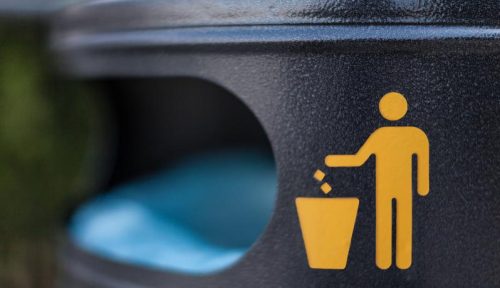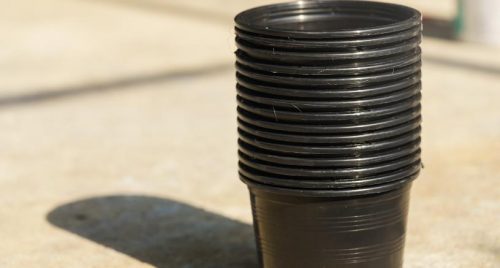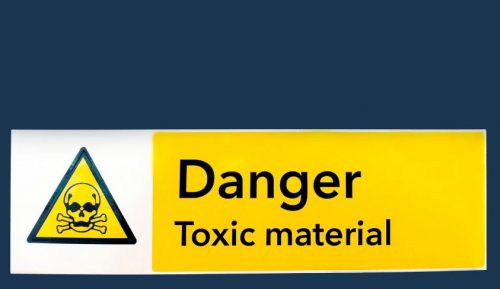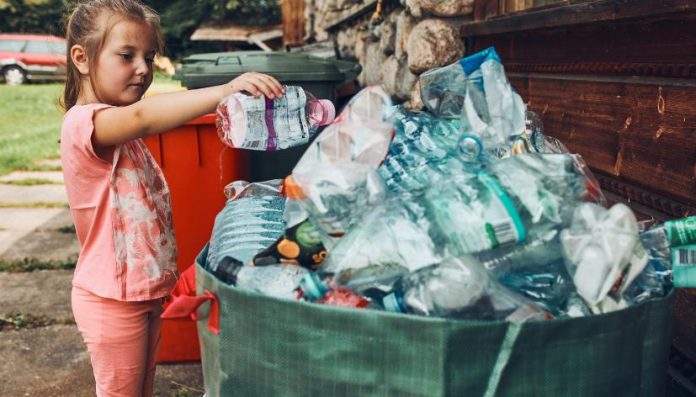Table of Contents
Many people who put the effort into properly recycling and disposing of their rubbish are unknowingly making these mistakes, which can create problems at treatment centres and even lead to mounds of waste being redirected from recycling.
8 Rubbish Disposal Mistakes You Are Making And Why It Matters
1. Empty Your Containers
 Typically, most waste types such as glass, plastics, cardboard and wood will be transported to a treatment centre to undergo a segregation process. This is the case for both council rubbish collections as well as commercial waste removals. Any food or foreign material on packaging such as food trays and tin cans should be cleaned before being placed into bins as they can cross-contaminate other items.
Typically, most waste types such as glass, plastics, cardboard and wood will be transported to a treatment centre to undergo a segregation process. This is the case for both council rubbish collections as well as commercial waste removals. Any food or foreign material on packaging such as food trays and tin cans should be cleaned before being placed into bins as they can cross-contaminate other items.
2. Be aware of any small items
Any smaller products are more likely to be mixed in with other types of waste unintentionally as the machinery used is often designed to handle larger items. Ensure that smaller items are disposed of in bags within a general waste bin if they are too small to be recycled. As a general rule, anything smaller than a bank credit card will be deemed too small.
3. Plastic wrapping and sellotape
People often try to recycle tape or even leave it still attached to cardboard when placing waste into disposal units. Light plastics such as sellotape, wrapping and carrier bags are too light to be recycled in the standard machines. There are sometimes options to make use of a compactor to compress the material into bails before recycling, but this practice isn’t efficient as the infrastructure simply isn’t there yet. So in the meantime it is important to remove tapes and place them into general recycling to prevent contaminating a batch.
4. Prevent black plastics from going in recycling


5. Remove broken glass
Not all glass may be recycled. Any glass materials from broken objects (shards), mirrors and other light glass should be removed and disposed of in general waste with proper wrapping.
6. Avoid contamination from bathroom products
Bathroom product containers can be recycled with the lid. Ensure that they have been cleaned and rid of any contaminants before being laced into a recycling bin.
7. Reject toxic material


8. Compostable vs biodegradable plastics
Infrastructure for separating compostable plastic material from general waste isn’t available, meaning that these items will be sent to landfill. If you want to make use of compostable plastics at home you will need access to a compost heap. We also advise checking the materials as many have proven not to be biodegradable despite the label.
At WasteManaged we help provide a rubbish disposal plan to reduce costs and ensure your business is handling refuse with care for the environment.






































